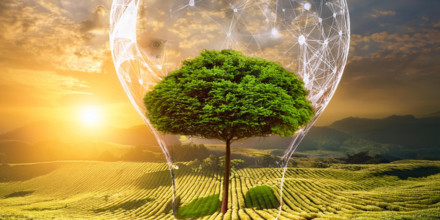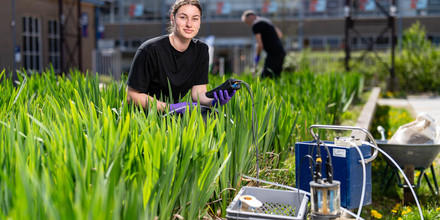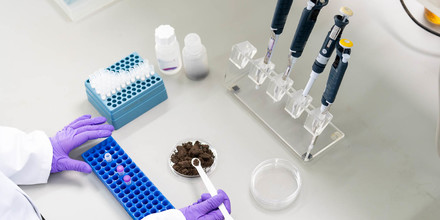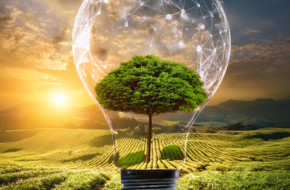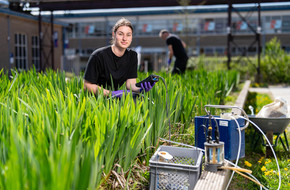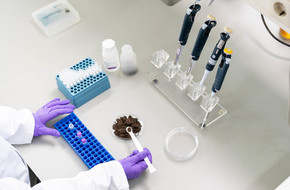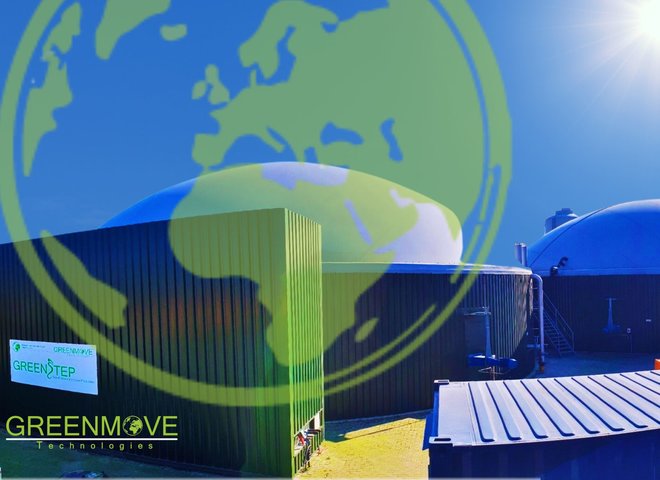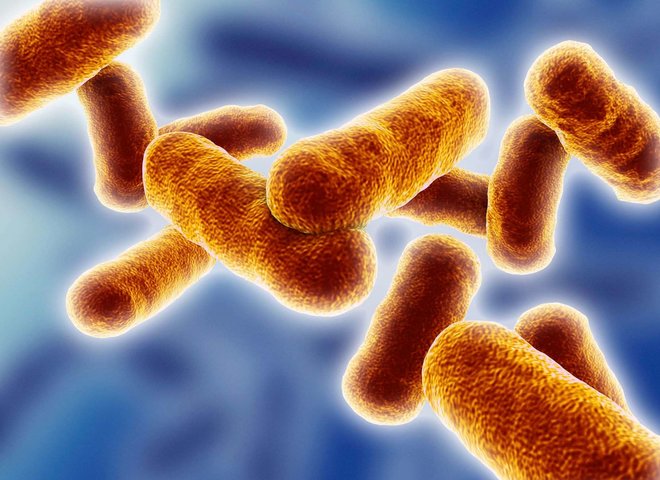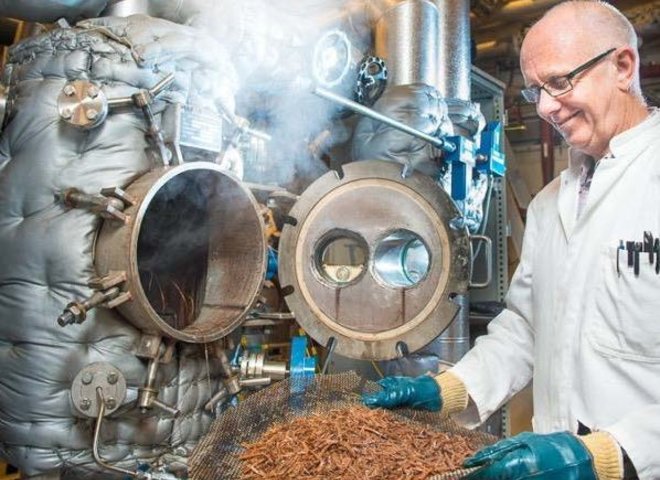In order to develop a good bioaugmentation strategy, you first need to know what happens in existing reactors. Bioclear Earth is asked to unravel the microbiological processes involved in biogas production. We do this by sampling existing biogas plants and analysing the DNA from the samples. This produces a huge amount of data, which we then process with specially developed bioinformatics tools. This allows us to map microbiological networks of collaborating micro-organisms (consortia). We then look at which consortia produce the best results on a laboratory scale. Subsequently the best performing consortia are tested at full scale.
In addition to the technical content aspect of the project, we are involved in assessing the environmental impact, economic profitability and social impact of these production processes. The ultimate goal is to produce an affordable bioaugmentation kit that can improve the production of existing biogas plants or help start up new plants.
Added value of this project for other sectors
The knowledge we gain in this project in the field of identification and application of microbiological consortia can be very interesting for use in other biological ecosystems in the future, for example in agriculture or for industrial production processes in which microbiology plays an important role.
Read more about the latest discovery.
